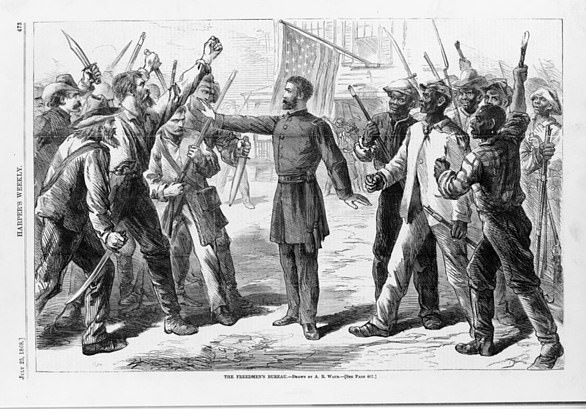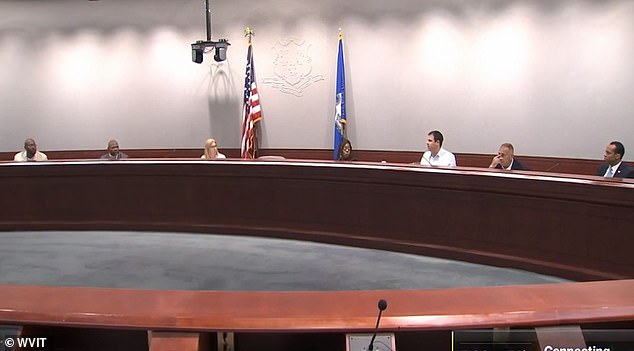
Connecticut is pursuing an initiative to prioritize the black and brown communities in distributing business licenses for recreational marijuana. This states that state leaders can help correct historic fraud.
Democratic Governor Ned Lamont convened the first meeting of the state’s Council of Social Justice on Thursday. This helps determine who can participate in the legitimate weed cannabis.
Connecticut became the 19th state to legalize recreational marijuana last month and is expected to go on sale in July next year, requiring measures to prioritize the most hit communities in the drug war. ..
“We will finally have a way to create wealth within the black and brown community. WTNH-TV was the first meeting of the council, Joseph Williams of the UConn Small Business Development Center said. I think it’s a real opportunity to see 40 acres and our ancestral mules.

The Connecticut Council for Social Equity met Thursday to begin setting rules on who will be prioritized in licensing newly legalized recreational marijuana.
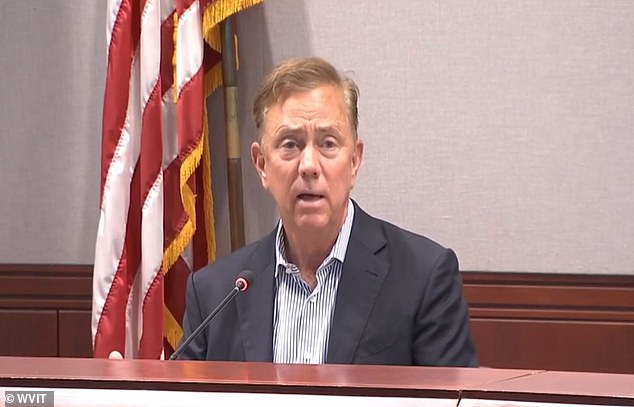

Democratic Governor Ned Lamont vowed to “break down the barriers of many black and brown people who were traditionally and unfairly not given table seats.”
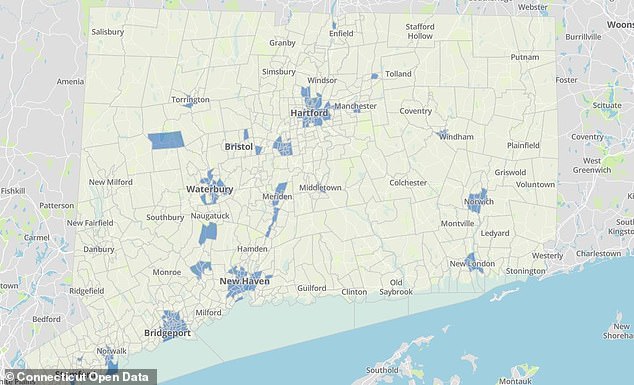

The map shows Connecticut’s “Disproportionately Affected Community” approved by the Social Equity Council on marijuana dispensing license priorities.
The phrase “40 acres and mules” refers to the post-Civil War proposal to give land to liberated slaves as a form of compensation. Such a program was carried out under President Abraham Lincoln, but was overturned by his successor Andrew Johnson.
In Connecticut, the goal of the Council of Social Fairness is to ensure that some of the economic benefits of legitimate weeds reach communities that have been disproportionately affected by weed bans.
“I grew up in one of those disproportionately affected areas. Drugs devastated my family. Personally affected. I could easily be swallowed. There was sex, “council member Avery Gaddis told WVIT-TV.
At a meeting on Thursday, the council approved a map that designated 215 census tracks as “imbalance-affected areas” prioritized in the licensing process.
Together, tubes make up 23% of Connecticut’s population, but are responsible for 67% of historic drug convictions.
Priority areas were determined by identifying census zones, mostly black-populated urban areas, with past drug convictions or unemployment rates above 10%.
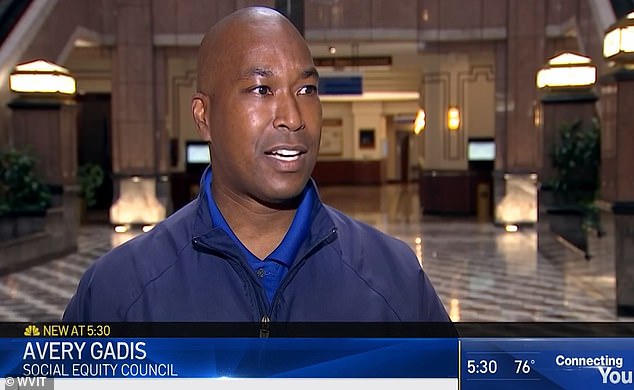

“I grew up in one of those disproportionately affected areas. Drugs devastated my family. I was personally affected,” said Avery Gaddis, a member of the council. Told WVIT-TV.
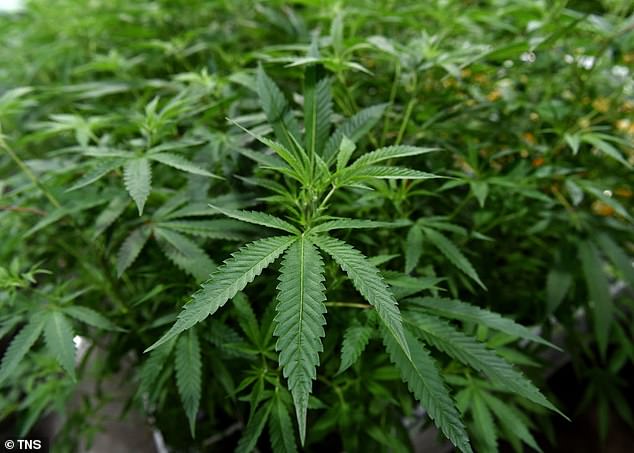

Connecticut became the 19th state to legalize recreational marijuana last month and is expected to go on sale in July next year.
In addition to living in one of these areas, social equity applicants need to earn less than 300% of Connecticut’s current median income, or about $ 114,000.
Under the new law, half of all cannabis licenses must be passed to equity applicants who can qualify for lower license fees, training, and financing to cover initial costs.
“It will cost about $ 40 million a year to join this social equity fund,” said Governor Lamont.
“Not all people come from the community, there are people who can go from friends and family. Well, we are your friends and family,” he added.
Under the new Cannabis Control Law, the Council of Social Justice must publicly publish the final list of qualifications for social justice applicants by September 1.
These priority applicants can start submitting the license form 30 days later, and non-equity companies can start applying 30 days later.
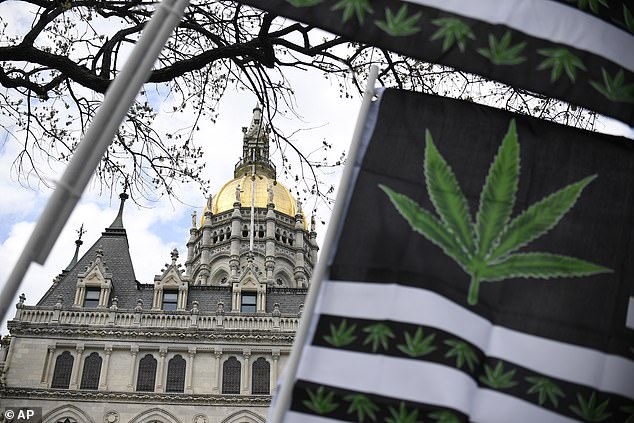

File photo of marijuana leaf wave flag outside Connecticut State Capitol
Connecticut is not the first state to mandate fairness requirements for the legalized weed industry.
Many other states have similar requirements, with California, Illinois, and Michigan being the most robust.
In Michigan, license fees for applicants living in “disproportionately affected communities” have been reduced, and like Connecticut, the state aims to pass at least half of all licenses to fair applicants. increase.
California supports cannabis license applicants with specific equity qualifications through loans, grants, and technical assistance.
Illinois gives equity applicants a significant number of points in recreational license assessments and is used by existing doctor license holders (all white men) to fund generous loans and grants to new equity competitors. We will charge a high fee.


